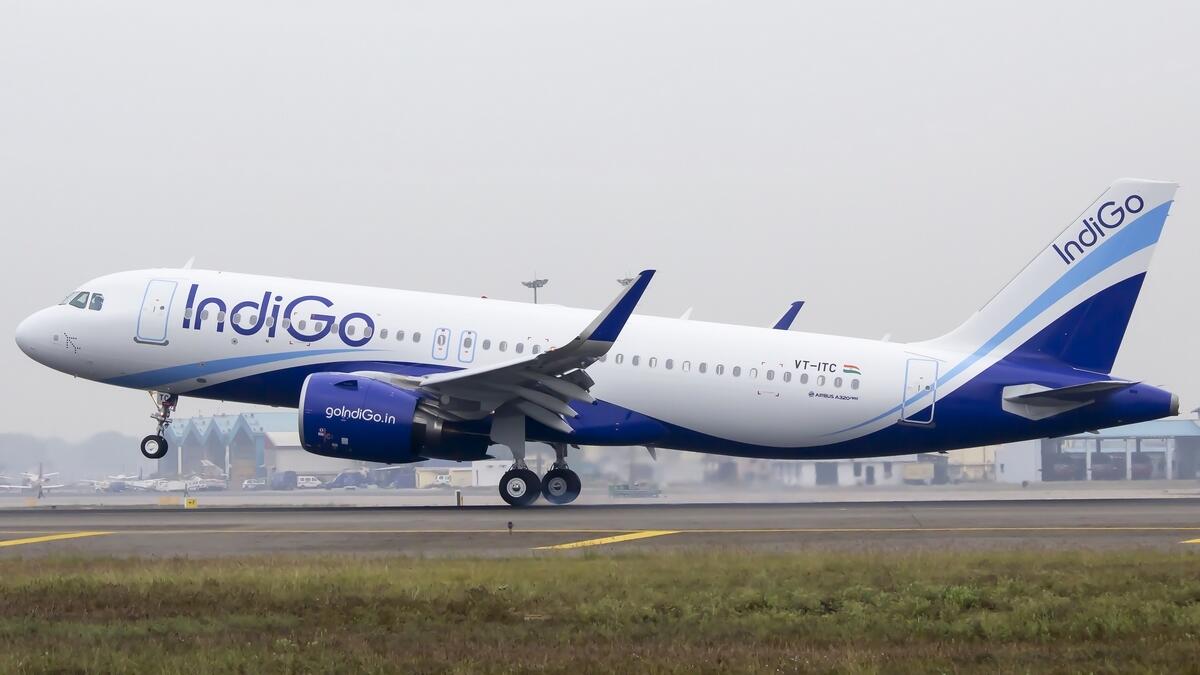In a recent social media post, Indian airline Indigo announced that its airport systems are now operating normally after a temporary outage. Passengers were initially alerted about potential delays and longer queue times at the airport, but the airline stated that the situation has since improved. However, efforts are still ongoing to fully restore all affected applications. The temporary system outage impacted the website and booking system, but Indigo expressed gratitude for the patience of its customers as they work towards complete normalcy.
The UAE-India air corridor is a crucial route for both countries, given the significant number of Indian expatriates living and working in the UAE. The corridor sees millions of passengers traveling between the two countries annually, making it one of the busiest routes in the region. This connectivity plays a vital role in facilitating trade, tourism, and the movement of people between the UAE and India. Any disruptions in the operations of airlines serving this corridor can have a significant impact on travelers and the overall air travel industry.
In the past, the aviation sector has faced challenges due to global IT outages and software glitches. In July, a widespread IT outage caused disruptions in the check-in process for flights and led to government systems crashing. The issue was attributed to a software update pushed by Crowdstrike, a US-based cybersecurity technology firm. Users reported encountering “blue screens of death,” which are known in the industry as indicators of critical system errors. Such incidents highlight the vulnerability of complex IT systems in the aviation industry and underscore the importance of robust cybersecurity measures.
Staying updated with the latest news and developments in the aviation sector is crucial for passengers and industry stakeholders. Following news channels and social media updates can provide real-time information on any disruptions or issues affecting airlines and airports. It enables travelers to make informed decisions and take necessary precautions when planning their journeys. By staying informed, passengers can better navigate potential challenges and delays, ensuring a smoother travel experience.
As an essential mode of transportation for millions of passengers, airlines must prioritize the reliability and efficiency of their systems. Any technical glitches or outages can have far-reaching consequences, affecting passenger satisfaction, operational efficiency, and overall business performance. By investing in robust IT infrastructure, cybersecurity measures, and regular system maintenance, airlines can mitigate the risk of disruptions and enhance the reliability of their services. This proactive approach can help airlines maintain a competitive edge in the dynamic aviation industry and build trust among passengers.
In conclusion, the recent system outage experienced by Indigo serves as a reminder of the importance of maintaining robust IT systems in the aviation sector. As airlines continue to enhance their digital capabilities and online services, they must also prioritize cybersecurity and system reliability. By ensuring seamless operations and quick resolution of technical issues, airlines can enhance the passenger experience, minimize disruptions, and uphold their reputation for reliability and efficiency. Staying informed, proactive, and responsive to emerging challenges is essential for airlines to navigate the complexities of the aviation industry and meet the evolving needs of passengers.











